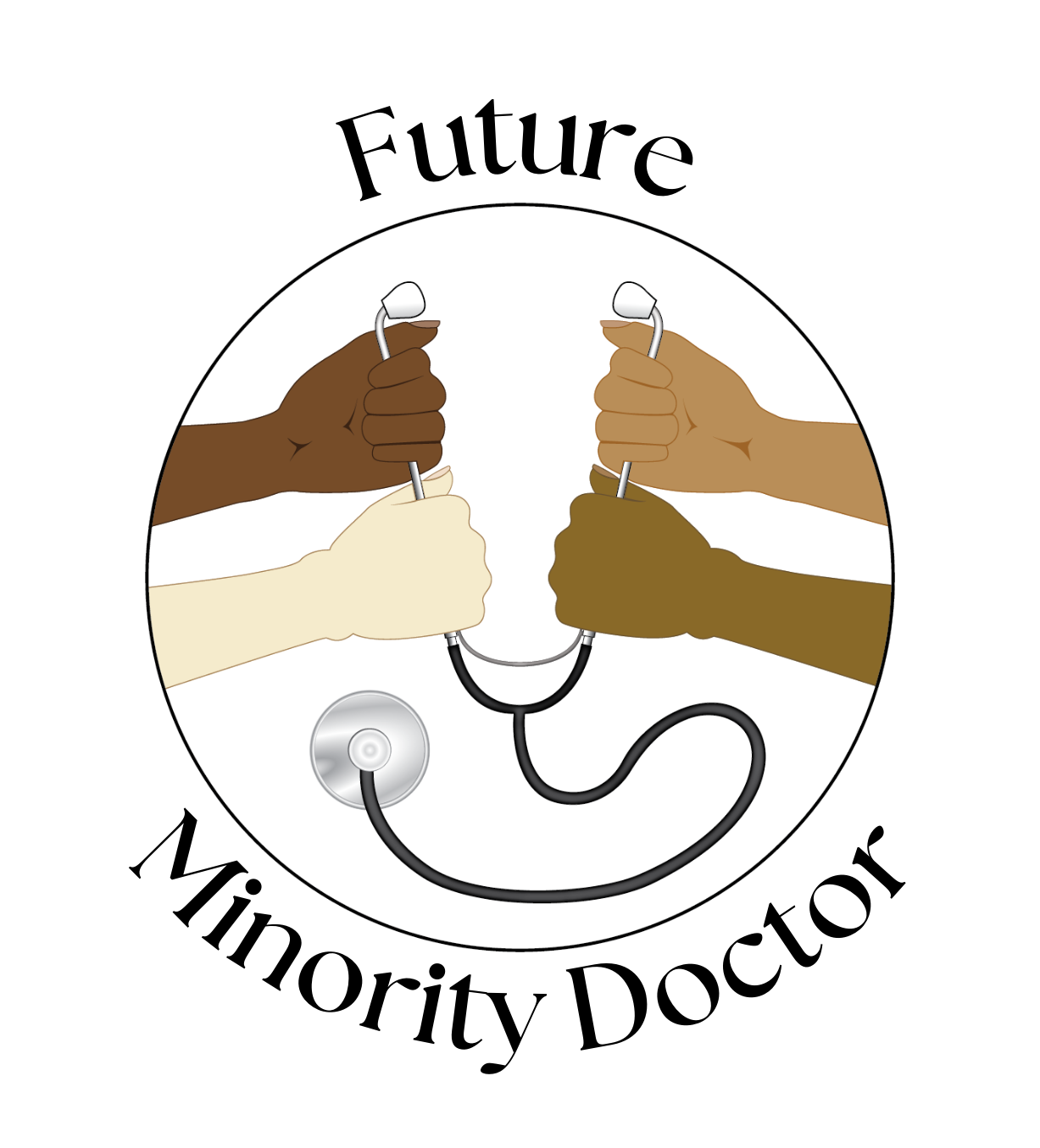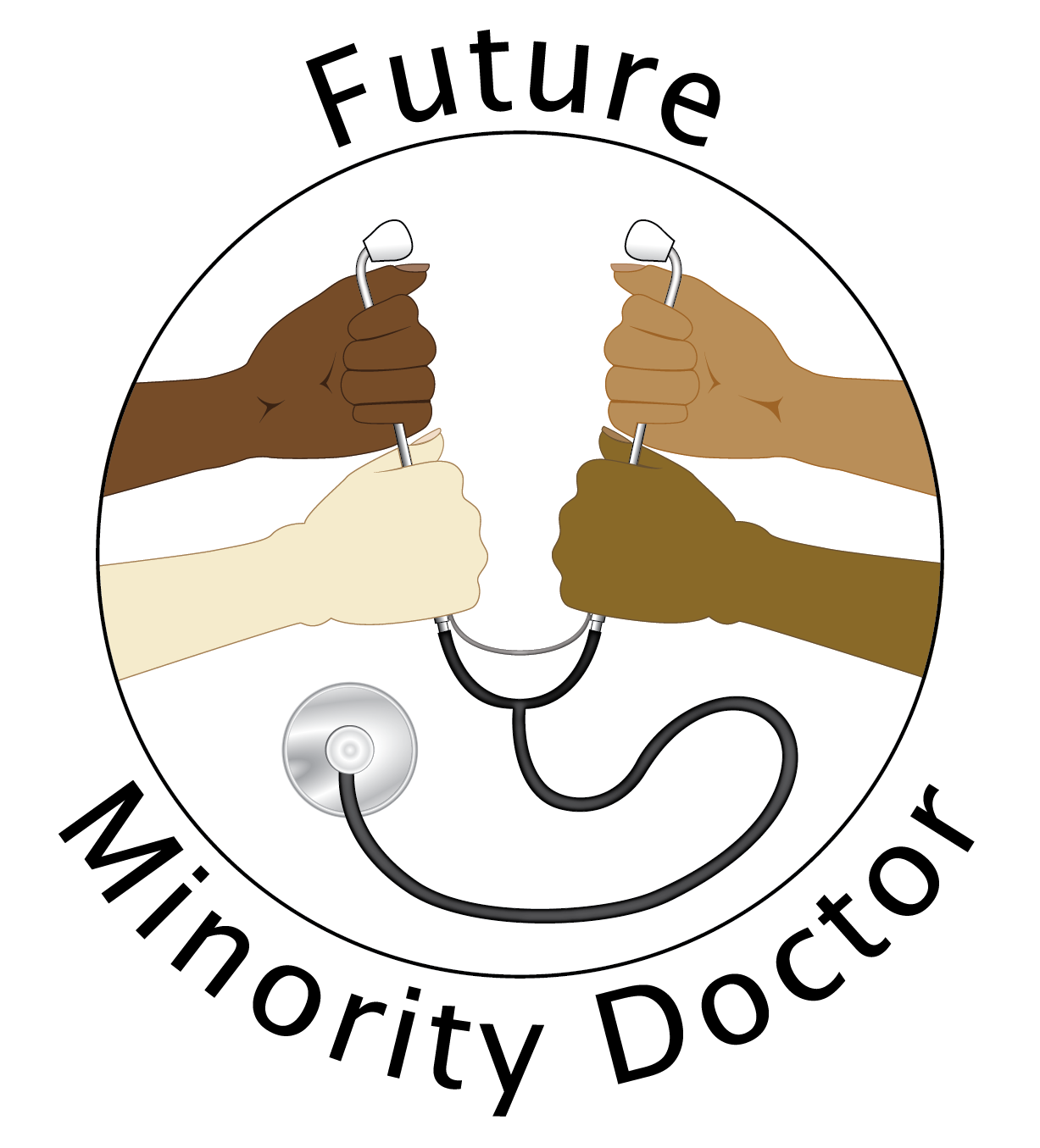Jocelyn’s Personal Statement
As a child, I spent countless hours beading bracelets and watching Full House with my Tia (aunt) Betty who was born with Down Syndrome. When I was 14, she came down with severe pneumonia that landed her in the hospital. My entire family rallied to support her and we would often spend our entire weekend with her in her hospital room, crowding around her bed sharing food and conversation. About a month into her hospital stay, she suddenly worsened and was intubated. I will never forget the first time I saw her laying in the ICU hooked up to a respirator. I burst into tears seeing her laying there helpless. One evening, she suddenly went into cardiac arrest and had to be resuscitated. She was barely holding on and my family was brought into a room to be given the bad news of her poor prognosis. We all prepared ourselves for the worst. It was a miracle, but with the help of caring nurses, therapists, and physicians, she made a slow recovery and returned home. Unfortunately, she was left with scarring in her lungs that predisposed her to recurrent lung infections. Over the next many years, she would often return to the hospital for weeks at a time and I would spend evenings or weekends at her bedside, school books and homework in hand. Each time, I observed how members of her medical team worked together to help optimize her treatments and keep her comfortable, and I began to envision myself as a future physician, doing the same for others.
In college, medicine continued to call to me but impostor syndrome sometimes made this dream feel unattainable. My sophomore year, I was invited to a meet and greet as part of the application process for the Emergency Medicine Research Associates Program (EMRAP) at UCI. I was excited to meet fellow applicants but as they started to arrive, I caught myself looking for a familiar face in the crowd – someone, anyone, who looked like me and could help me feel like I belonged. Self-critical thoughts began to surface: “Who am I to be competing with these people?” “They probably have better grades and more experience than me.” I said a little prayer and gathered my courage to finally approach the group and mingle. When I was accepted, a wave of relief and gratitude washed over me as I started to recognize that perhaps I was just as capable and deserving as those around me. This self doubt re-emerged occasionally throughout my college career, especially in smaller courses or discussion groups where I was a visible minority. In these instances, my friends, classmates, and supportive professors helped to buoy me up. Dr. BC, my EMPRAP mentor, encouraged me to use my bicultural and bilingual skills to include a greater diversity of patients in research studies. He recognized the personal and academic attributes I brought to the program and helped me to feel that I truly belonged. I can now appreciate how the psychological barriers I encountered prepared me to support and mentor others – for instance, I shared my experience and advocated for a more reserved minority student applying to the EMRAP program this year. While I can’t say that I never experience self doubt anymore, I no longer let it hinder me from reaching my goal of becoming a physician.
The disparities I witnessed in my academic journey were mild compared to disparities I witnessed in healthcare settings while serving as a medical interpreter and research assistant in. In EMRAP, we conduct our clinical research at the UCI Medical Center in the city of Orange which has a substantial Hispanic population. As I walked around the emergency department looking for patients to enroll, I would say ‘Buenas tardes’ or ‘Buenos dias’ as I passed by patients who I knew spoke Spanish. I will never forget the way the patients’ faces lit up as they heard something familiar: they would look at me as if they had known me for years. One day I spoke with ‘Mateo’, a homeless man who brought in his mute and deaf friend after she was hit by a car. Since she was unable to communicate, the medical team relied on Mateo and a virtual Spanish interpreter to gather her history. As they examined her for injuries and prepared to take her to the MRI suite, he stepped aside and burst into tears. I rushed over to offer some comfort and he explained how he was afraid to leave her alone given her condition. He recalled a time when he had sought care for a hernia and been placed in a tube without any explanation about what was happening. Afraid and confused, he had eloped from the hospital before receiving treatment. This caused me to reflect on how, despite modern technology and teams of caring physicians, a lack of cultural and linguistic concordance can lead to health disparities.
I want to become a physician to offer not only quality medical care to patients, but also comfort and companionship to people from all walks of life, just like the physicians who have cared for my aunt Betty. I want to bridge cultural and communication barriers experienced by patients like Mateo in order to help people lead their healthiest lives. I seek to honor the sacrifices my parents made and use my educational privileges to serve my community and advocate for them as a physician.
Character Count: 5205 (limit is 5300)

